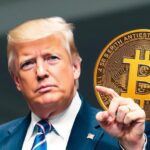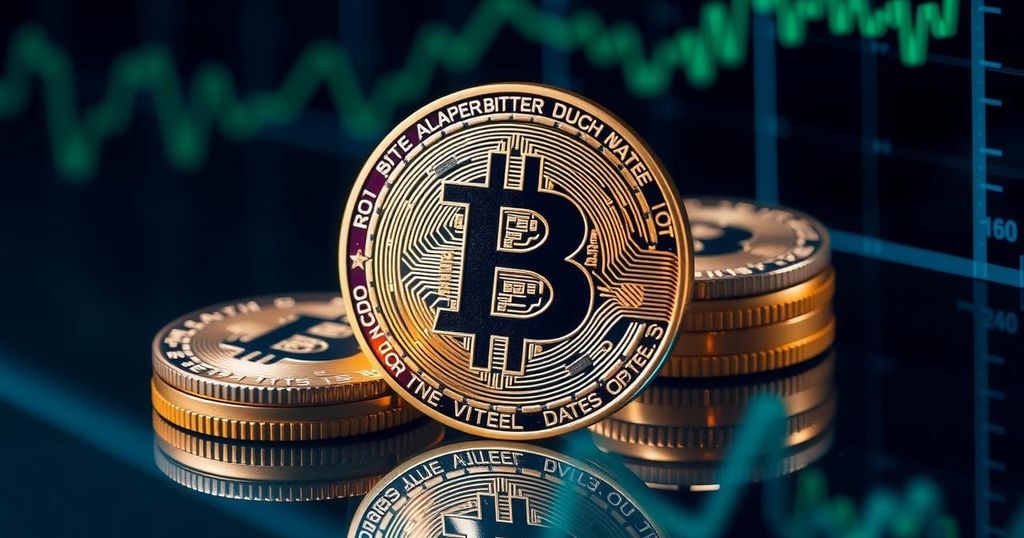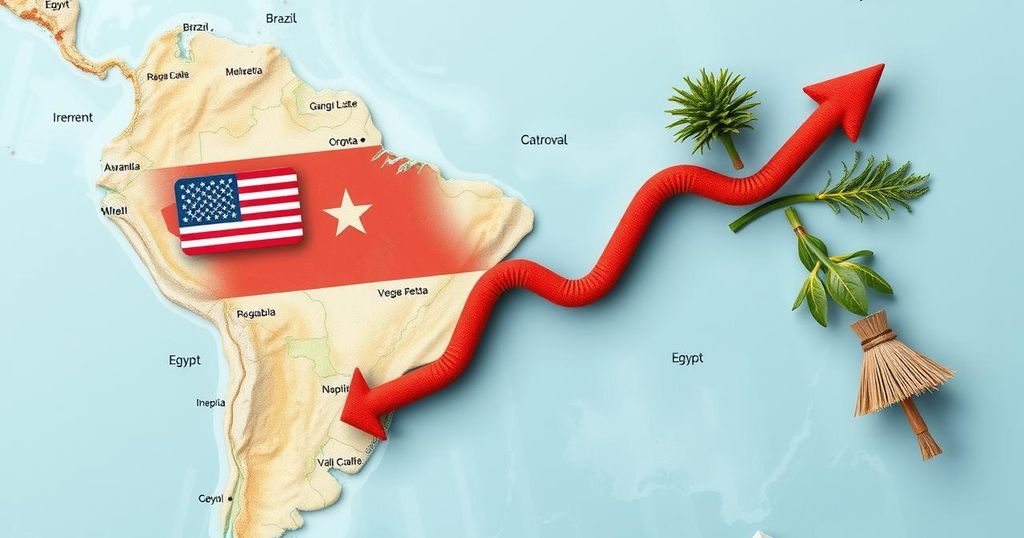Bitcoin Price Surges Past $102K Amid Trump’s Tariff Strategy Discussions
Bitcoin’s price surpassed $102,000 on Monday amid a declining U.S. dollar linked to President Trump’s revised tariff considerations. Reports suggest a potential focus on essential imports rather than universal tariffs. Bitcoin’s value remains sensitive to economic policies, influenced by the dollar’s strength and potential Federal Reserve interest rate adjustments.
On Monday, Bitcoin’s price surged past $102,000, breaking through the $100,000 threshold for the first time in over two weeks. This increase coincided with a notable decline in the value of the U.S. dollar, prompted by reports regarding President-elect Donald Trump’s consideration of a revised tariff strategy. According to the Washington Post, Trump’s team is exploring a more focused tariff plan, potentially limiting these taxes to essential imports, rather than imposing universal tariffs as previously suggested. The U.S. Dollar Index (DXY) fell 0.6% to 108.29, reflecting this weakening dollar backdrop, which is significant given Bitcoin’s historical correlation with the performance of the dollar.
Despite past proposals for substantial tariffs of 20% on U.S. imports and up to 60% for goods from China, Trump has publicly contested reports suggesting a retreat from aggressive tariffs. Zach Pandl, the Managing Director of Research at Grayscale, pointed out that, while higher tariffs generally support dollar strength, the interconnectedness of tariffs and Bitcoin’s valuation warrants consideration. This relationship underscores how economic policies may indirectly influence cryptocurrency prices, as evidenced by recent fluctuations driven by adjustments in monetary policy from the Federal Reserve, which has outlined a more cautious outlook on interest rate cuts.
In light of these developments, Bitcoin briefly reached an all-time high of $108,000 last month before experiencing a downturn linked to a hawkish monetary policy stance. Generally, lower interest rates are favorable for risk assets, such as cryptocurrencies, by minimizing borrowing expenses and fostering greater consumer spending. The evolving tariff landscape highlights ongoing shifts in international trade norms, which, according to Pandl, pushes investors towards alternative assets like gold and Bitcoin, signifying a broader transition away from dollar-centric investment strategies.
The value of Bitcoin has demonstrated sensitivity to the performance of the U.S. dollar, particularly regarding tariff policies. Past rhetoric from economic leaders, including President-elect Trump, has indicated a potential for substantial collateral effects on financial markets stemming from trade tariffs. As national and international economic policies evolve, the implications of tariffs on traditional and non-traditional assets, such as cryptocurrencies, become increasingly significant for investors seeking value stabilization amidst global economic fluctuations.
The recent surge in Bitcoin’s price reflects a complex interplay with the weakening U.S. dollar and ongoing tariff policy discussions. The reported shift towards a more selective tariff approach by President Trump may mitigate potential short-term pressures on Bitcoin’s valuation. Ultimately, this situation exemplifies broader trends in international trade and investment dynamics as asset classes adapt to evolving economic landscapes.
Original Source: decrypt.co








Post Comment